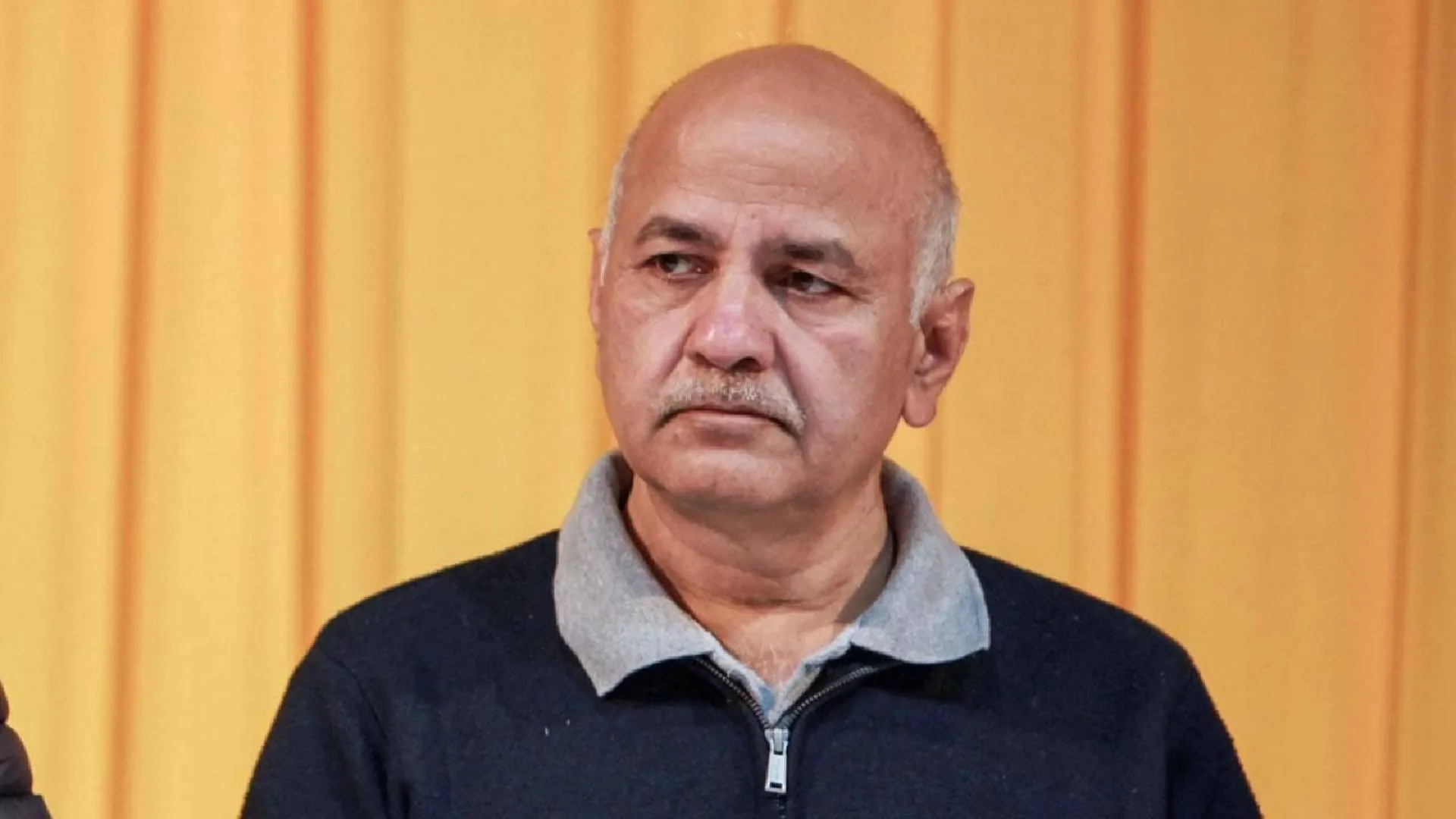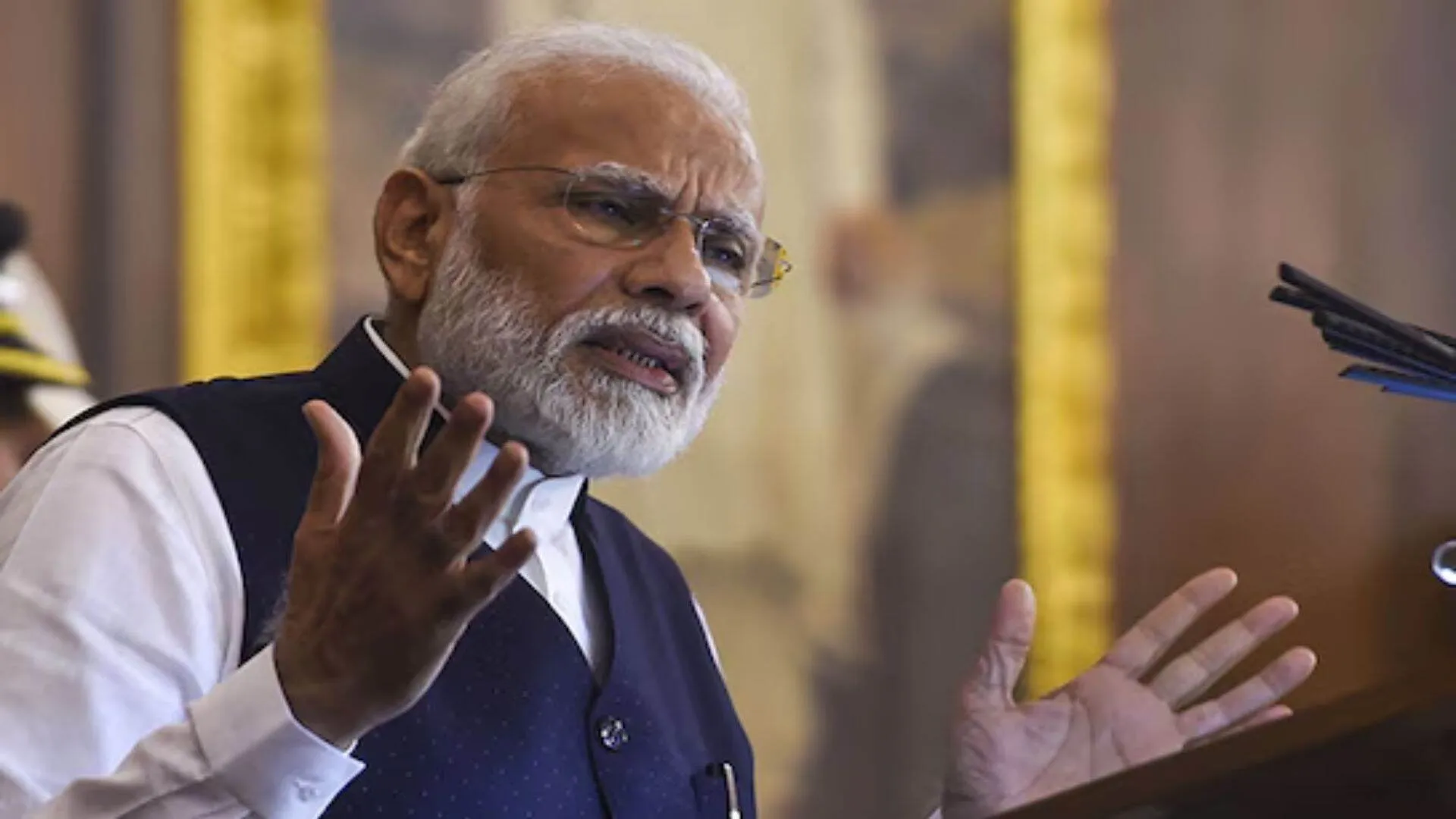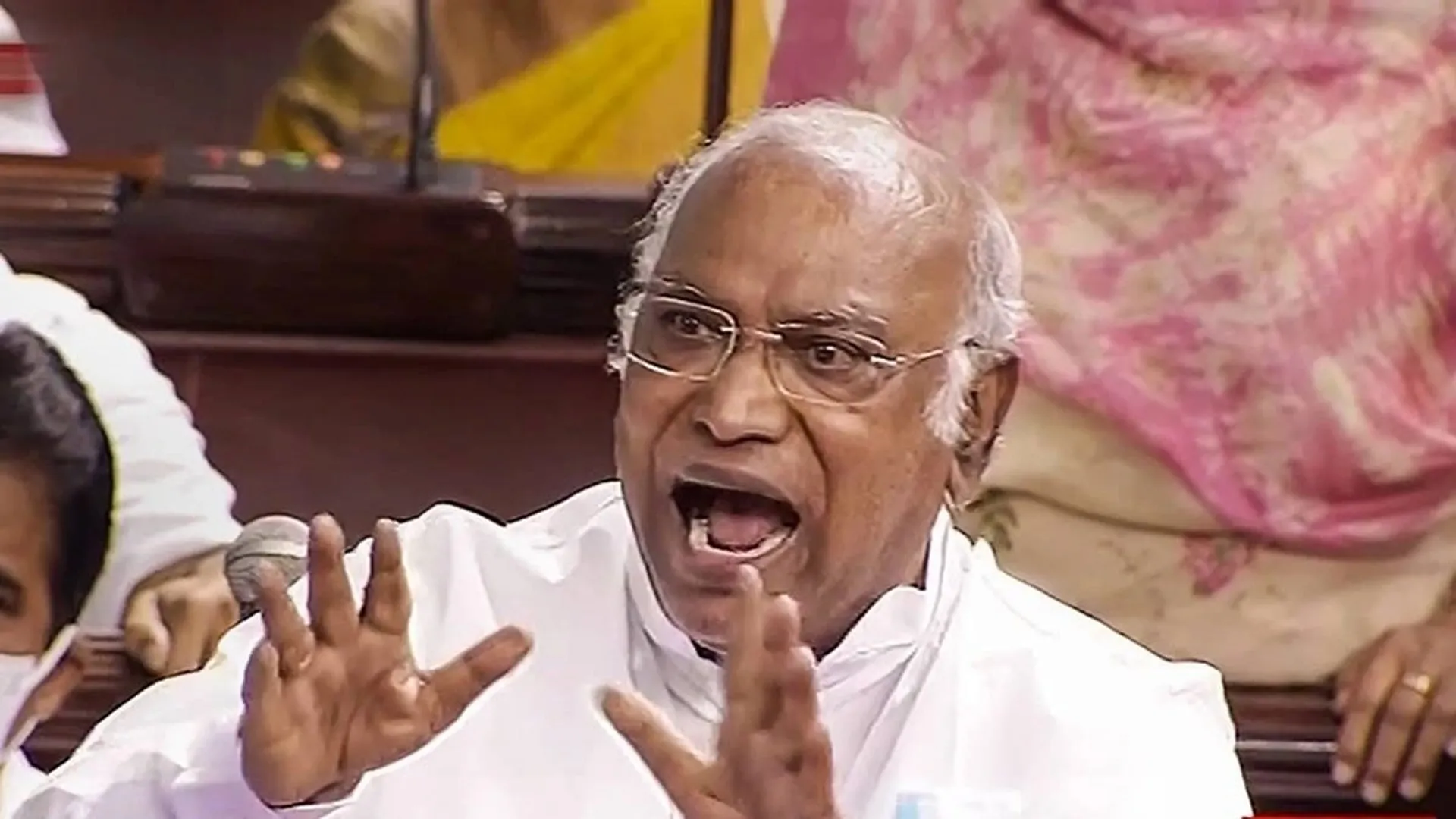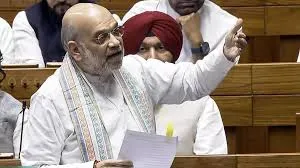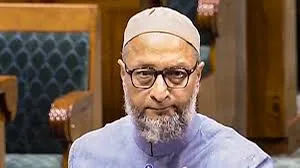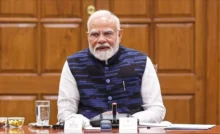Manish Sisodia, Senior AAP leader and a former deputy chief minister, failed to win his seat in the Jangpura constituency and lost to the BJP’s Tarvinder Singh Marwah by over 600 votes. This proved to be the biggest blow of the day to the Aam Aadmi Party (AAP). Till 12:30 pm, as the trends were announced for all the 70 assembly seats, it emerged that BJP was at the forefront on 48, while AAP remained ahead only in 22.
This paves the way for a complete comeback for the BJP in Delhi Assembly Elections.
Omar Abdullah Attributes Rift within INDIA Alliance as BJP Gains the Upper Hand
Early trends in the Delhi Assembly polls have indicated a strong showing for BJP. Jammu and Kashmir Chief Minister Omar Abdullah took to social media to subtly criticize the INDIA Alliance partners, especially AAP and Congress, for their ongoing rift. He pointed out that the failure of the AAP and Congress to ally in the Delhi elections may have helped the BJP gain an advantage. Abdullah posted a GIF on X (formerly Twitter) that reflected the discord within the opposition alliance and reiterated the importance of unity in elections.
Abdullah called for united efforts beyond elections, acknowledging the internal divisions in the opposition that were undermining the opposition’s prospects. His statement came at a time when the BJP is still on an upward swing in the national capital, which a united opposition would have surely been able to give a much stronger fight.
Congress Struggles as Infighting Undermines Its Chances
The party is on the brink of drawing a blank in Delhi, despite Congress being a crucial player in the elections. Not allying with AAP, despite being part of the INDIA bloc, has hit the party very hard. Not coming together and the rivalry between Congress and AAP have weakened the opposition, giving BJP the space to cash in on this division. Here’s a breakdown of how infighting between Congress and AAP affected their performance:
- Congress launched an aggressive campaign criticizing AAP.
- Negotiations for a seat-sharing arrangement between Congress and AAP collapsed.
- AAP sought Congress’s support, but the latter declined.
- Congress viewed AAP as its primary rival in Delhi, leading to further tensions.
- AAP accused the Congress of weakening the INDIA bloc and aiding the BJP’s cause.
- AAP also accused Congress of splitting votes and benefitting the BJP.
- Both parties vied for similar voter segments, resulting in vote splitting.
Ultimately, the rivalry between Congress and AAP has benefited the BJP, leading to divided opposition votes and strengthening the BJP’s lead in Delhi.


